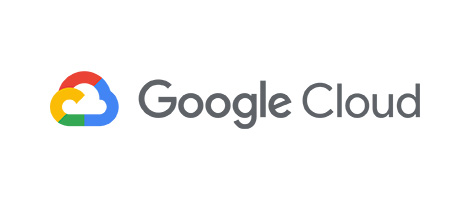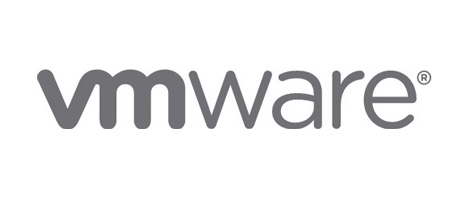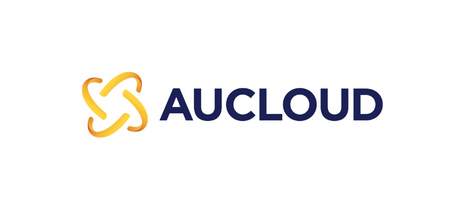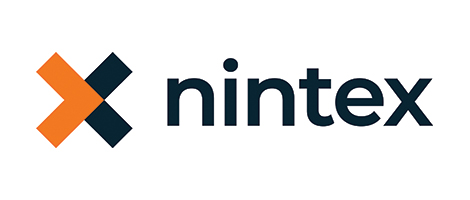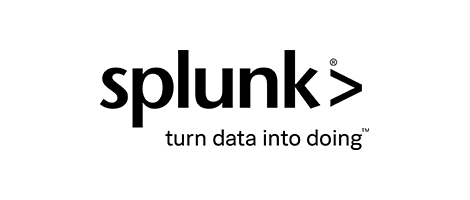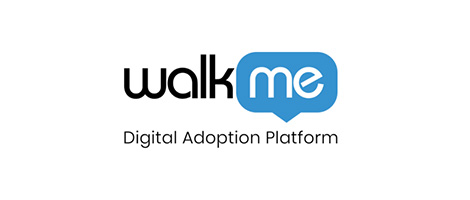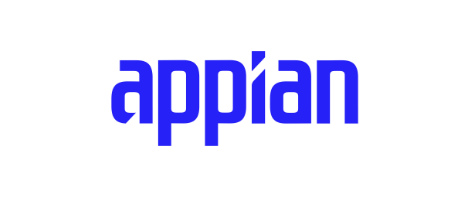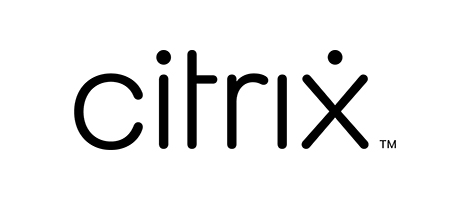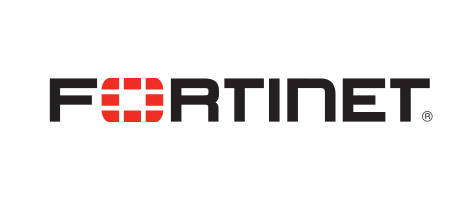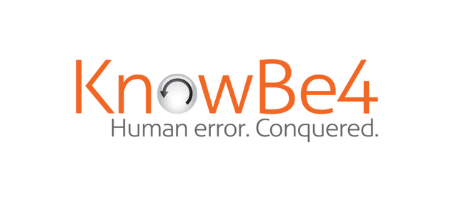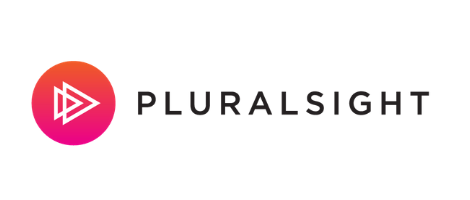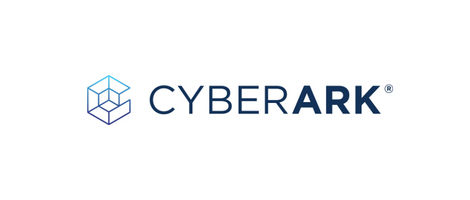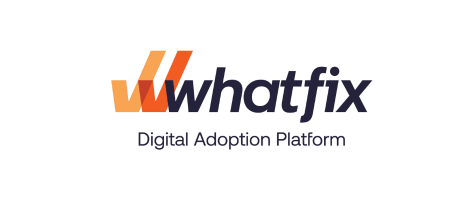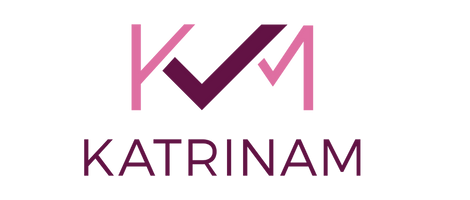With focus now set on the revised pillars of 2022’s Beyond Digital strategy; shifting to greater customer centricity, enhancing data insights, and uplifting the Digital Economy, the NSW Government’s Budget dedication of $2.1 billion for digital investment comes as no surprise. An additional $500 million was also added to the Digital Restart Fund, to continue driving investments in digital technologies and accessibility, especially among rural communities whose services have been significantly challenged by the pandemic.
NSW is still looked to as the trailblazer for digital government in Australia, with Service NSW and Cyber Security NSW seen as the ‘gold standard’ for what the country’s eGovernments should be delivering to its citizens. Many are wondering what could be next in store for NSW’s digital front, what are its latest priorities for customer experience, data, and upscaling capabilities and services. Find out more by joining us at the FST Government New South Wales conference for 2022, where there’ll be the opportunity to hear from thought leaders across NSW’s public sector to explore the Government’s innovation expectations and the progression of its digital transformation initiatives.
Join us where we’ll explore:
- The focus of NSW’s post-COVID recovery digital investments and transformation for the citizen and digital economy
- Delivering strategy through tangible programs of work, tech, and skills development
- The pursuit of ‘digital by default’ to upscale the digital standard for customer experience
- Incorporating data insights for informed decision-making
- The progress and next steps in whole-of-government and internal digital transformation initiatives
- Building digital-ready infrastructure and using IT to provide better outcomes
- A future-ready cybersecurity strategy that is progressive, proactive, and underpinned by an expansive workforce
- Breaking down the digital divide through omnichannel services and platform accessibility for all citizens






Building Up NSW Smart Places: What the Initiative Means for Capability, Strategy, and Skills
"What is the Top Question Organisations Ask Google Cloud about Analytics?"
In this session will we cover:
- The current state of the data and analytics landscape
- The challenges that many organisations face when building a data analytics platform
- The common question that gets asked about using advanced analytics
- Why organisations build their data platforms on Google Cloud
Digital Government Beyond 2022: Realising the Outcomes of Improved Capabilities, Experience and Economy
- How do we ensure actionable change and prioritise transformation in light of innovation learnings from the Digital Restart Fund, the revised Beyond Digital Strategy, and broader non-government or industry benchmarks?
- Citizen-centricity: what do we truly mean by this and what defines a good experience with government?
- How do we unlock greater enterprise and technology value for the benefit of citizens?
- Becoming a digital business: the cultural shift required to become a customer-centric, connected, and agile Public Sector organisation
Helping Government Agencies Deliver Exceptional Workforce and Citizen Experiences
- Deliver apps to support the workforce and citizen at the speed agencies demands and operate across data centre, cloud and edge environments
- Drive rapid digital transformation to deliver resiliency, governance, and security
- Transform the way agencies operate in the cloud with a single solution for multi-cloud management, security and cost and visibility
The Future of Data in NSW Public Sector: Bridging Skills, Technology and Accessibility
- What are the key opportunities for leveraging data and insights within NSW and how do we place the citizen at the centre?
- How do we further empower citizen service delivery through data capabilities?
- How do we equip and support wider technology and business groups with the right data skillsets?
- How do we apply critical lenses such as real-time, accessibility, and innovation safely to customer data?
Drive User Adoption to Transform Digital Outcomes
How the Department for Education, SA successfully transformed the way staff and teachers are enabled to use their technology systems and processes.
Revenue NSW Case Study: Tackling Financial Hardship through Customer Focus, Connected Agencies, and Cultural Shifts
Cyber Security Vanguards: Raising Maturity for the Benefit of NSW’s Citizens and Public Sector
- In the hope to keep up, how can government agencies set up to tackle the changing nature of risks, on an ongoing basis?
- How do we encourage more meaningful diversity and talent development across security roles?
- How can agencies improve resilience and shared learnings when it comes to Information Security? What marks a well-aligned security function within the organisation?
Building Cyber Resilience in an Evolving Threat Landscape
- Steps to raising the cyber maturity consciousness of the industry base
- IT modernisation: Updating vs Replacing?
- Best practices for protecting DHS data and moving the U.S. towards zero trust principles
- Updates on Hack DHS and cyber hygiene initiatives
- Exploring the challenges and limitations of traditional data sharing methodologies
- What is the importance of a Secure Private Data Exchange?
- Key factors Government leaders must address when enabling data sharing
- Responding to regulatory / policy change - how do departments respond to rapid change, especially in this Covid-19 era where changing policies are implemented / mandated without notice
- Adjusting to the new normal - remote working, mobile, emerging technologies such as AI, RPA, etc
- Embracing operational change - enabling best practice, continuous improvement, and how process mining can help
- From legacy to cloud: How to future proof your ICT and Digital Service Delivery for Beyond Digital
- How to balance control, security, compliance and ease of use through effective controls and processes in the cloud
- Critical Infrastructure Bill, Privacy Act: The changing legislative landscape and how to strengthen resilience through cloud
- Understanding shared responsibility and supply chain risk management
Digital transformation used to be mainly about implementation of new technology and change management, allowing IT to boost productivity and create flexible workplaces. Currently, the focus is on how to optimise outcomes and deliver organisational value from a change that has already taken place. Let’s discuss how to win this competitive talent battle where:
- Attrition in the industry is around 20-30% in the tech industry
- Attracting and retaining top talent is now the number one priority for organizations everywhere
- 72% of IT workers are planning on quitting their jobs this year
- The number of developers applying for open positions has decreased by 18%
- 95% cite career development as the primary reason for shifting jobs
- What does process transformation mean for the workforce, customer, and service delivery?
- What are the critical steps in communicating change and instilling feedback loops?
- How do we augment changing processes through the right technology and culture to suit?
- How can we take greater ownership of continuous improvement within the organisation?
- How do you embrace the full data lifecycle to improve decision making?
- How to democratize access to all data to drive business outcomes at any scale?
- How can leading AI solutions help businesses predict and automate?
- What does flexible, hybrid remote work that is secure, drives efficiency and productivity, while reducing operational costs look like?
- How to secure data for on-premise, private cloud, public cloud or hybrid cloud environments?
- How to think about increasing organisational agility and productivity with digital workspaces?
- How to enable effective collaboration that drives successful teamwork in today’s remote work / hybrid working environments?
- Why citizen expectations are changing to demand a more frictionless digital experience
- Enhancing security, verification, and authentication across digital services
- How a seamless, integrated identity management strategy supports UX and Security
- Allowing citizens to truly own their own digital identity, rather than attempting to recreate it for every new service
- What does your current digital experience look like?
- What are citizens expecting departments to delivery online in 2022?
- What do you think are minimum best practices for experience delivery?
- What will your agency or department do differently in 2022/2023?
- How can we improve insights at the front-line to enhance employee productivity and support customer-centricity?
- What are the key hurdles to the delivery of insight based decision support in service delivery?
- Has modernisation of key systems to cloud helped accelerate the operationalisation of analytics?
- How do we ensure situational awareness and stakeholder collaboration through education?
- What are the steps towards emplacing effective plans and maintaining view on protecting services and supply chains?
- How does cyber embed themselves in critical discussions, strengthen business alignment, and prove strategic value?
- In terms of developing the digital workforce, are these the areas where it’s most important that we make progress? Are there other top priorities?
- Given the gap between the need and the implementation, What are the obstacles to making progress here? And have you found any effective ways of addressing those obstacles?
- How important are pay levels are in recruiting and retaining senior staff in Australia?
- What other solutions have you found to the problems in recruitment and turnover of senior leaders?
- Unlock the power of your existing data to drive end to end visibility, improved service delivery and citizen outcomes
- Digital transformation is a continual journey, the steps you take today will form a crucial part of your foundation for the future. How do you embark on the journey?
- Drive actionable insights through end to end visibility of your data to deliver smarter solutions
To continue providing the best service possible, your organisation needs to develop a digital-first strategy— and quickly. People are looking to digital tools for services; meanwhile, your employees are juggling legacy software and new tools and are falling behind on productivity.
- Support your employees and leaders through a time of tremendous change due to digital transformation
- Manage knowledge drain and provide a great onboarding experience, during and beyond the great resignation
- Create seamless digital experiences and enable users to self-serve on your digital tools
- Understanding the components of delivering a seamless citizen experience
- How and why do we need to better modernize systems to connect data, content, and applications?
- What is getting in the way of us maximising existing infrastructure investments?
- What are the key enablers to enhancing information availability, value and security?
- How are government agencies addressing user behaviour on issues relating to social engineering such as ransomware, phishing, business email compromise and CEO fraud?
- What processes do you currently have in place to track and measure the issue of social engineering in your agency?
- How are you currently delivering security awareness training to your employees?
- A walk through of the critical business and technical elements needed in your agency’s Incident Response plan
- The key actions you need to ensure rapid and effective response to major cyber incidents
- Improve your agency’s cyber resilience and recovery time
- The role of digital employee experience in the war for talent
- Transforming into an agile, work-from-anywhere agency without sacrificing security or jeopardising customer trust
- The impact of siloed technology sprawl on end users, IT and support staff
- What frustrates you about the finance function?
- What does the ideal framework and solution for costing and bid management look like?
- How can technology partners support CIOs with solutions for funding requirements analysis, budgeting, planning, forecasting and analysis?
- How does the funding arrangement within NSW government impact your opex/capex decision making with the transition to cloud?
- What should a practical Zero Trust Government Framework and maturity model look like within NSW Government?
- How do we ensure it can span our entire infrastructure - across every user, device (including IoT), application and transaction?
- What does ZTNA 2.0 mean for overcoming the legacy limitations to deliver better security outcomes for hybrid workforces?
- How do we achieve governance, risk and operational benefits through zero trust?







































